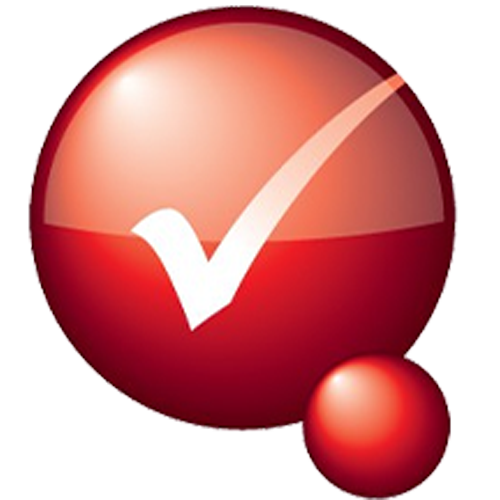In November 2020, a man sustained serious head injuries after falling from a water tank that had just been put in place by a vehicle loading crane. It appears he was standing on the tank close to the crane.
Prevention:
Falls are a major cause of death and serious injury. The risk of falling is common in construction, but may also occur during many other work activities.
The risk of serious injury from a fall is largely dependent on the height, but also the surface below (e.g. working on a roof near an unprotected edge or performing installation work from a ladder). A risk management approach must be used to manage the risks of falls from heights.
Managing work health and safety risks is an ongoing process.
Risk management involves four steps:
Identify the hazard – find out what could cause harm
Assess the risk – understand the nature of the harm that could be caused by the hazard, how serious the harm could be and the likelihood of it happening
Control the risk – implement the most effective control measure reasonably practicable in the circumstances
Review risk controls – asses control measures to ensure they are working as planned.
Other controls that can be looked at and analysed:
Substitution Controls: Replacing with something of lesser risk.
Engineering Controls: Changing physical characteristics of the plant/system of work.
Administrative Controls: Information, training, instruction or supervision necessary to control the risks associated with plant.
Personal Protective Equipment (PPE): Use of PPE to reduce injuries.






